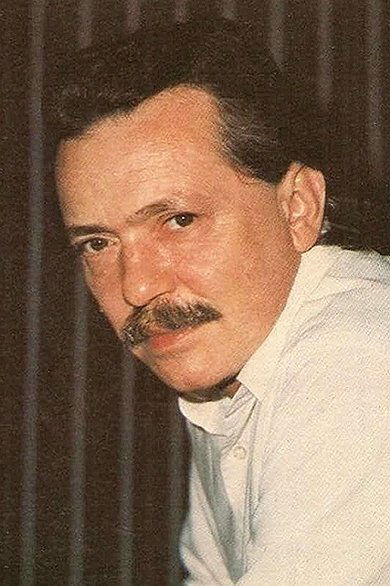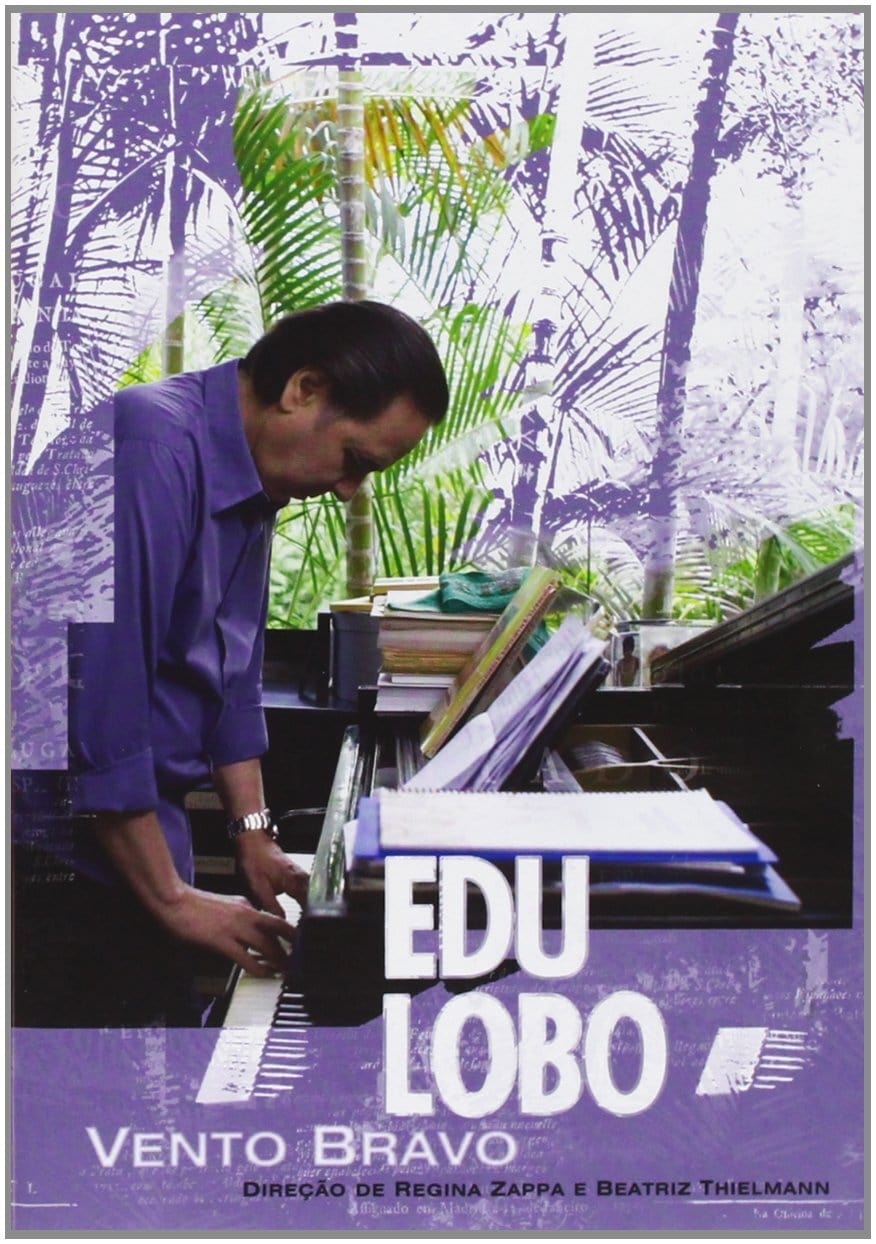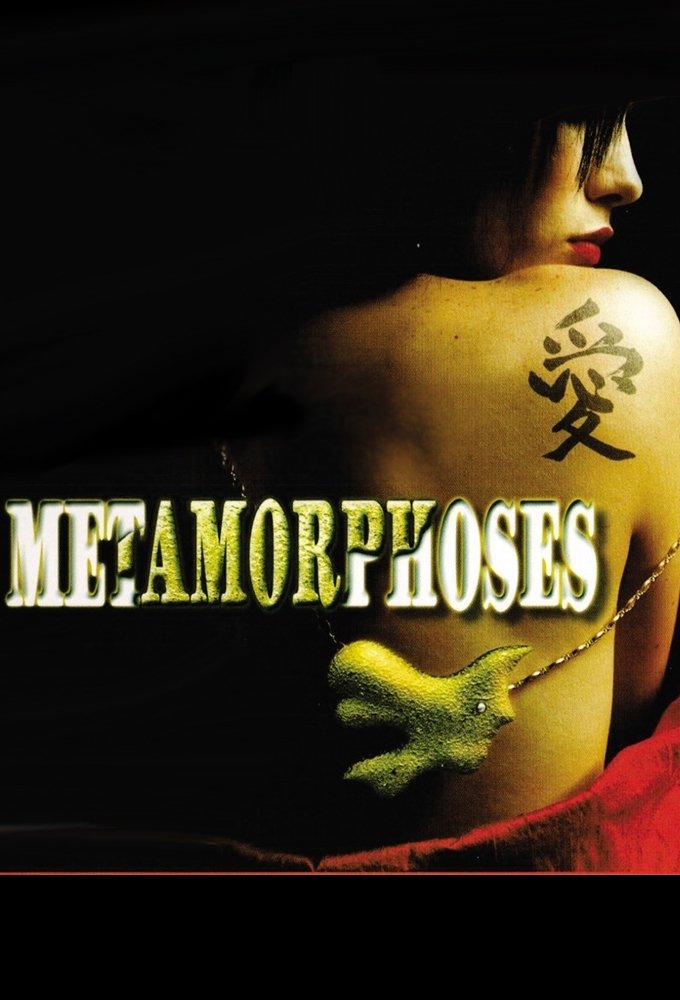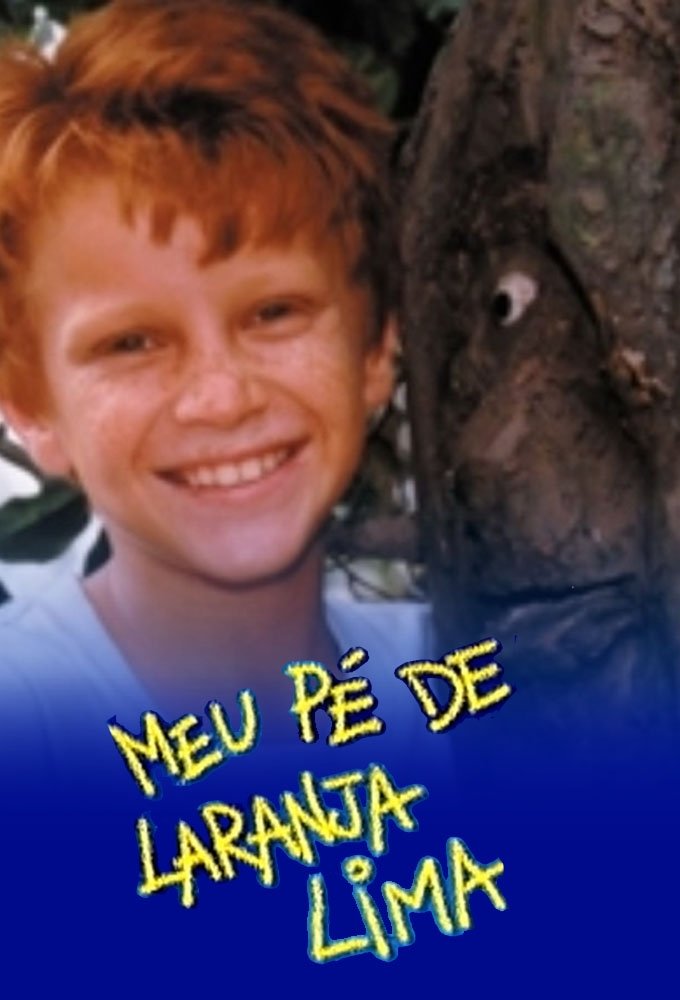

Gianfrancesco Sigfrido Benedetto Marinenghi de Guarnieri (August 6, 1934 Milan, Italy - July 22, 2006 São Paulo, Brazil) was an Italian–Brazilian actor, director, lyricist, poet and playwright naturalised Brazilian. He was an outstanding artist in the Theater of Arena in São Paulo and his most important work was "They Don't Wear Black Tie". In 2006, Guarnieri was honored in the 18th edition of the Shell Theatre Prize for his contribution to the Brazilian theater.






"Portraits and excerpts from Brazilian films from all times. Actors,...